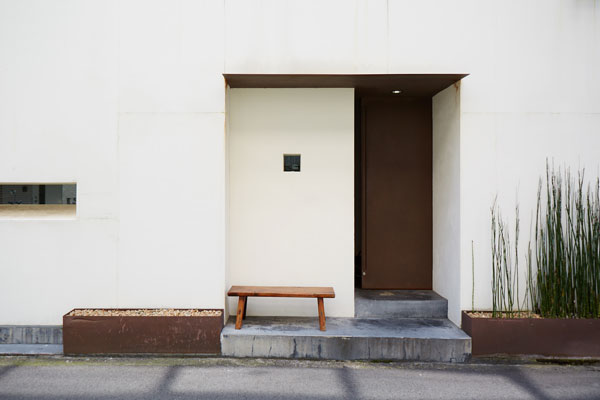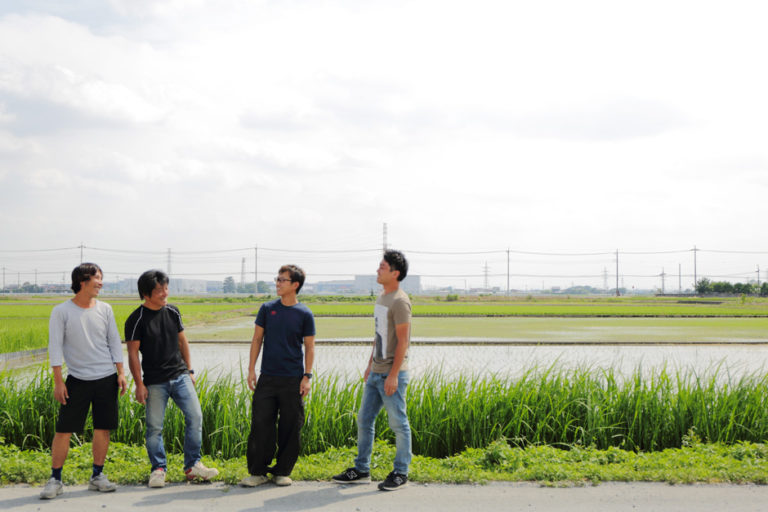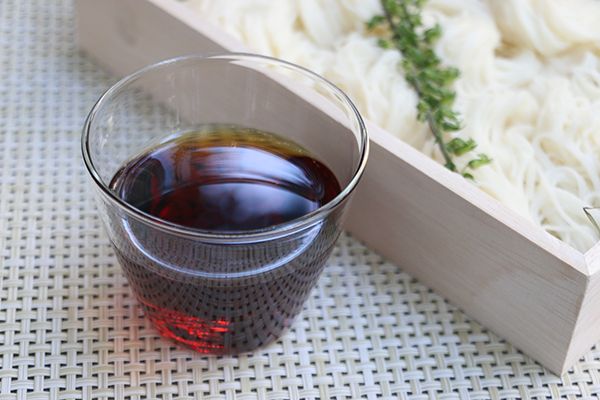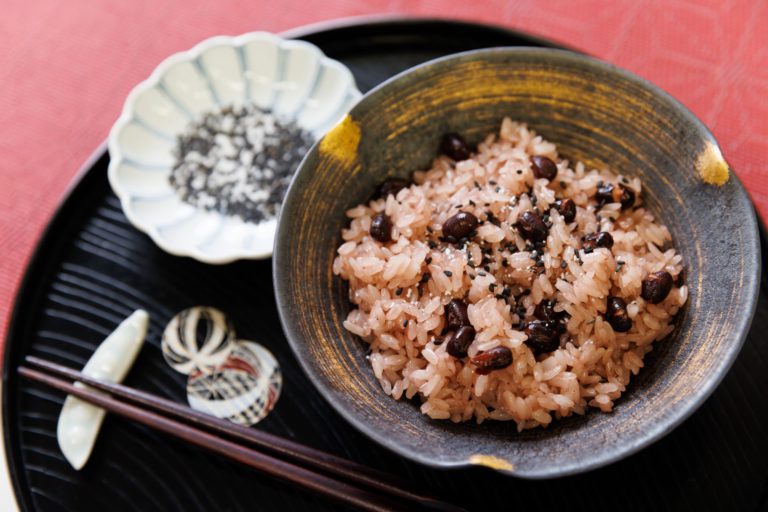SHUN CURATORS (June 2015)
Traveling the world helps you appreciate the tremendous cultural depth of Japanese cuisine
― Owner-chef Chikara Yamada from Yamada Chikara restaurant
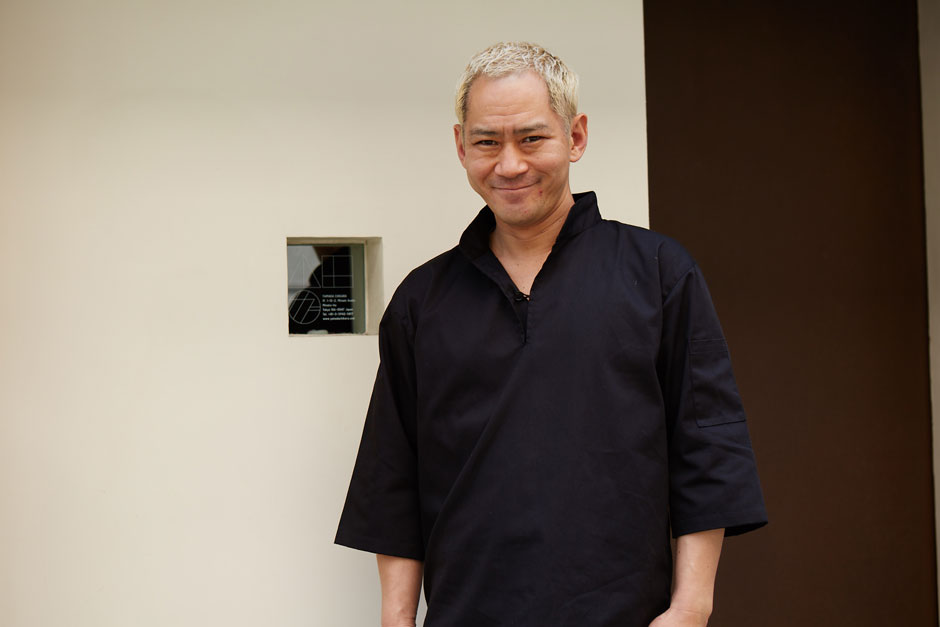
The world of food has expanded my horizons and introduced me to a range of wonderful experiences.”
Yamada honed his skills at El Bulli, a three-star restaurant in Spain once dubbed the toughest place in the world to get a booking. Today he runs Yamada Chikara, a cozy little restaurant located in a quiet alleyway in Tokyo’s Minami-Azabu district.
Having worked in the restaurant industry both inside and outside Japan, what does he see as the key attractions of Japanese cuisine?
Cooking has taken me around the world
What was it that first got you interested in cooking?
It wasn’t anything particularly noble I’m afraid! (laughs) I was desperate to get out of home, and a friend helped me to land a job at a French restaurant in a resort hotel at Atami. While I was working there I got talking with a French chef, and I also spent time studying at Italian and Japanese restaurants up in Tokyo. The more I learned about the world of food, the more I found myself captivated by it.
And the restaurant industry is such a great way to meet interesting and different people who you normally wouldn’t come across. It really opened my eyes to the world in all its rich diversity, and it made me want to get out and discover things for myself.
And the restaurant industry is such a great way to meet interesting and different people who you normally wouldn’t come across. It really opened my eyes to the world in all its rich diversity, and it made me want to get out and discover things for myself.
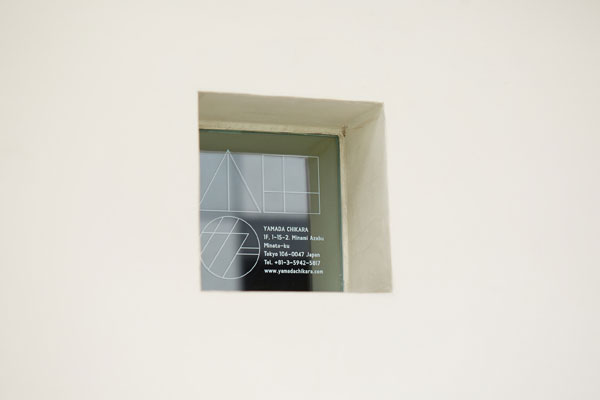
So you went to Spain. Can you tell us how you ended up working at El Bulli?
It was hard when I first arrived in Spain, because I didn’t speak a word of Spanish! (laughs) I was thinking that I’d just start out at some local restaurant, so I asked around at a few places but nobody wanted to hire me. I eventually found a place that agreed to take me on, but they weren’t going to pay me anything.
But you can’t live on no money, so before long I had to get a job working part-time at a Japanese restaurant. Then one day out of the blue, I was promoted to manager and I was in charge of the whole place! It was at about this time that I met Ferran Adria, the head chef at El Bulli.
The first meal I had at El Bulli blew me away. As a chef, when you eat out you normally expect to have some idea of how your dish has been prepared, what ingredients have been used. But at El Bulli I couldn’t work it out at all?the food was that good! That was the moment that I knew I wanted to get a job at El Bulli.
But you can’t live on no money, so before long I had to get a job working part-time at a Japanese restaurant. Then one day out of the blue, I was promoted to manager and I was in charge of the whole place! It was at about this time that I met Ferran Adria, the head chef at El Bulli.
The first meal I had at El Bulli blew me away. As a chef, when you eat out you normally expect to have some idea of how your dish has been prepared, what ingredients have been used. But at El Bulli I couldn’t work it out at all?the food was that good! That was the moment that I knew I wanted to get a job at El Bulli.
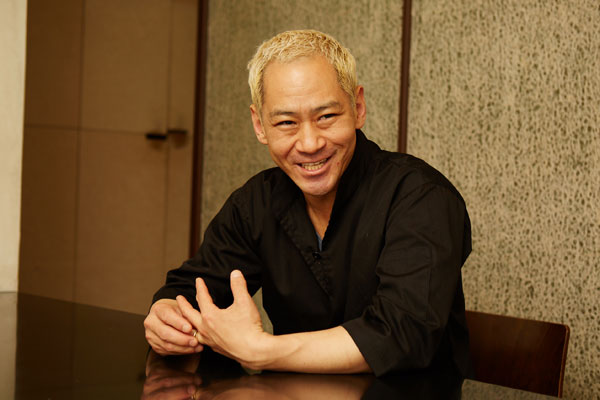
And how did you find the experience of working at El Bulli?
They are always coming up with fantastic culinary ideas. It was such an inspiring experience for me.
And because El Bulli is a place that brings together chefs from all over the world, I also learned a great deal about many different countries, and I see this as an important asset.
And because El Bulli is a place that brings together chefs from all over the world, I also learned a great deal about many different countries, and I see this as an important asset.
In Japan, we have ready access to wonderful produce from all over the country
What would you say is the difference between Japan and elsewhere in terms of the type of produce we use?
European restaurants like to use local produce. Although El Bulli is in Barcelona, it’s on the coast slightly nearer to France. We would generally use seafood caught locally, and in the spring we’d get asparagus from the nearby mountains, for instance.
Likewise in Japan we source our food locally, but we also have the benefit of ready access to fresh seasonal produce from all over the country. This is due in no small part to the excellent distribution systems we have here.
The fact that we can get hold of delicious fresh produce from various parts of Japan, thanks to our great distribution system, opens up a whole world of new possibilities for our chefs.
Likewise in Japan we source our food locally, but we also have the benefit of ready access to fresh seasonal produce from all over the country. This is due in no small part to the excellent distribution systems we have here.
The fact that we can get hold of delicious fresh produce from various parts of Japan, thanks to our great distribution system, opens up a whole world of new possibilities for our chefs.
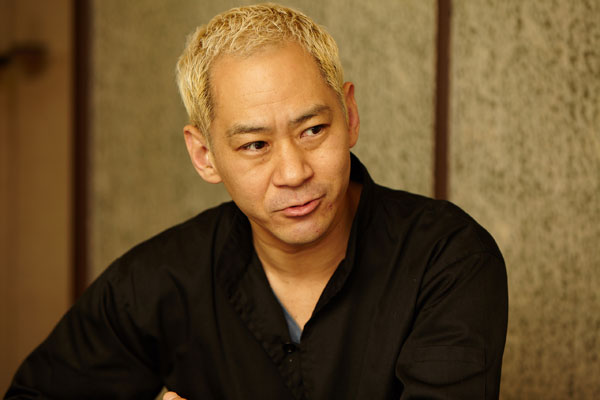
Do you think that Japanese produce and ingredients are becoming more popular overseas?
Japanese farm goods are still subject to export restrictions in Europe, so there is still some way to go in terms of market penetration. On the other hand, you have massive market penetration in Asia, particularly in places like Singapore, Hong Kong and Malaysia, where the use of genuine Japanese ingredients is often seen as a sign of status or quality, notwithstanding the quality of the produce itself.
You’ve tasted different cuisines from around the world. What do you think is the key attraction of Japanese food?
I think it’s our insistence on the highest quality standards. In global terms I would say that we Japanese are very exacting about the quality of our food. It’s not just about food production and food safety and security, it’s also that we want to put the very best produce on the table. Take strawberries, for example.
Overseas, the strawberries in the shops are often piled high on top of each other, whereas in Japan they are sold neatly arranged in rows in little packs. The packs are covered with cellophane on top that’s carefully attached so as not to bruise the fruit, and the cellophane has a little perforated strip so that you can remove it easily. When Ferran came to Japan and saw how we package strawberries here, he couldn’t believe his eyes! (laughs)
Overseas, the strawberries in the shops are often piled high on top of each other, whereas in Japan they are sold neatly arranged in rows in little packs. The packs are covered with cellophane on top that’s carefully attached so as not to bruise the fruit, and the cellophane has a little perforated strip so that you can remove it easily. When Ferran came to Japan and saw how we package strawberries here, he couldn’t believe his eyes! (laughs)
Chakaiseki?the tea ceremony meal with a message
At Yamada Chikara you place a strong emphasis on the unique culture of Japanese cuisine, with your offering of chakaiseki (a simple meal served prior to tea ceremony, normally comprising a soup and three vegetable dishes imbued with the spirit of hospitality).
I took part in a tea ceremony after I got back to Japan, and it had just as much impact on me as that first meal at El Bulli. In tea ceremony, the exquisite bowls and the carefully arranged flowers are an integral part of the culinary experience. Every component has its own meaning and significance, and the participants can appreciate this together without the need for words.
It’s the same for the chakaiseki meal?the food itself harbors an unspoken message. I have a great reverence for the notion of close communication through the medium of food.
It’s the same for the chakaiseki meal?the food itself harbors an unspoken message. I have a great reverence for the notion of close communication through the medium of food.
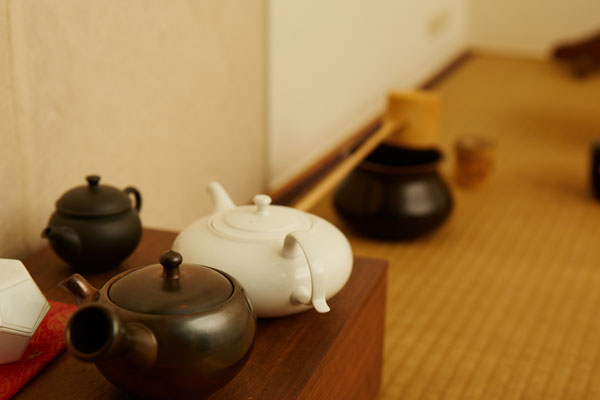
So understanding the message behind the meal makes the experience all the more enjoyable?
Japanese cuisine is characterized by a strong emphasis on using the best ingredients, especially seasonal produce where possible, and employing a variety of cooking techniques and flavors. Obviously this influences the approach of Japanese chefs. Once you get to the stage with Japanese cuisine that the meal conveys to you the intentions of the person who prepared it, I think that enhances the experience.
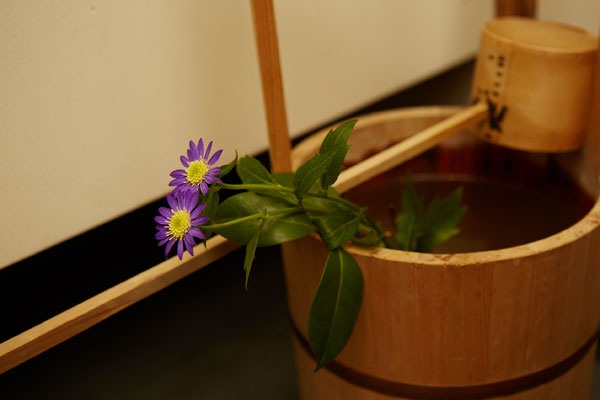
Writer : ASAKO INOUE
/
Photographer : KOJI TSUCHIYA

